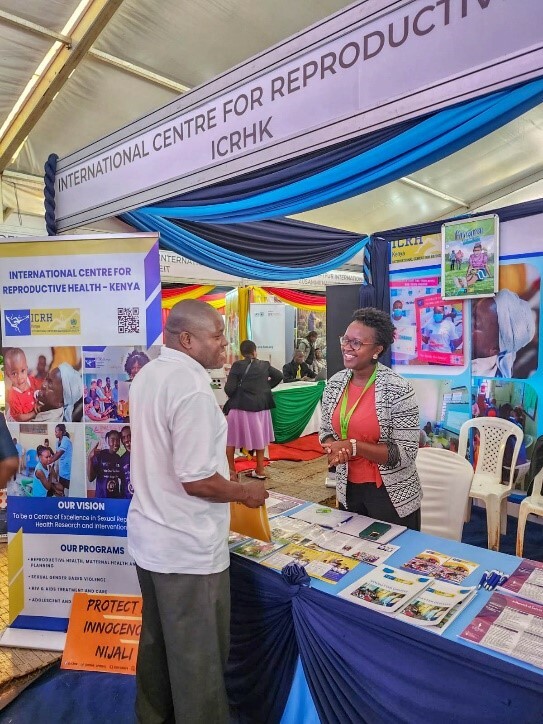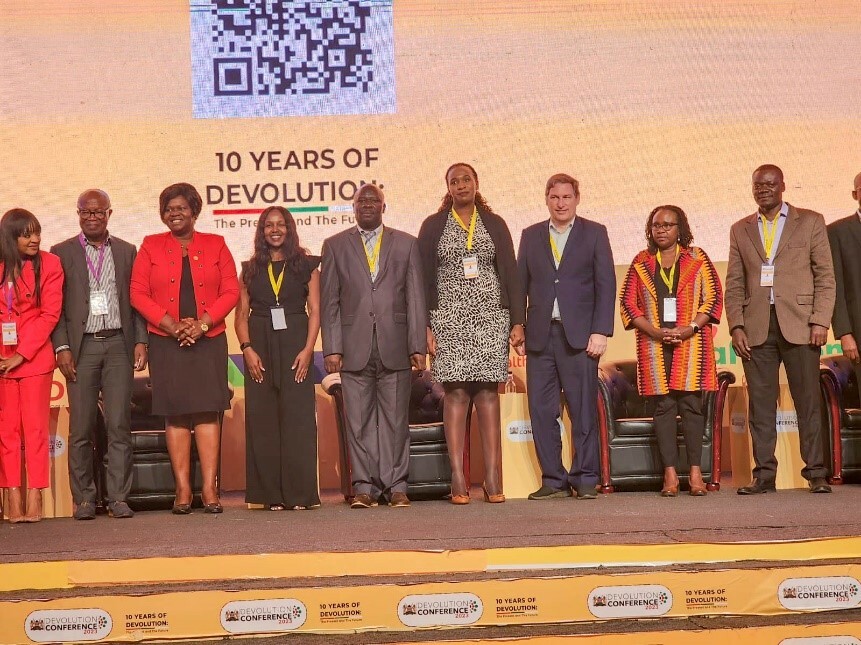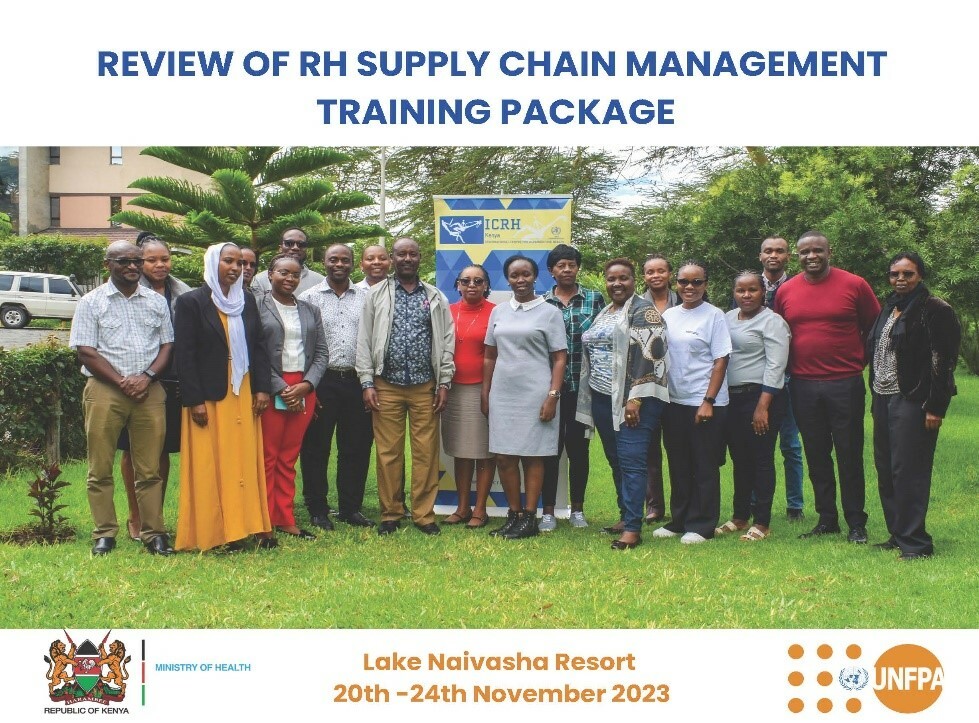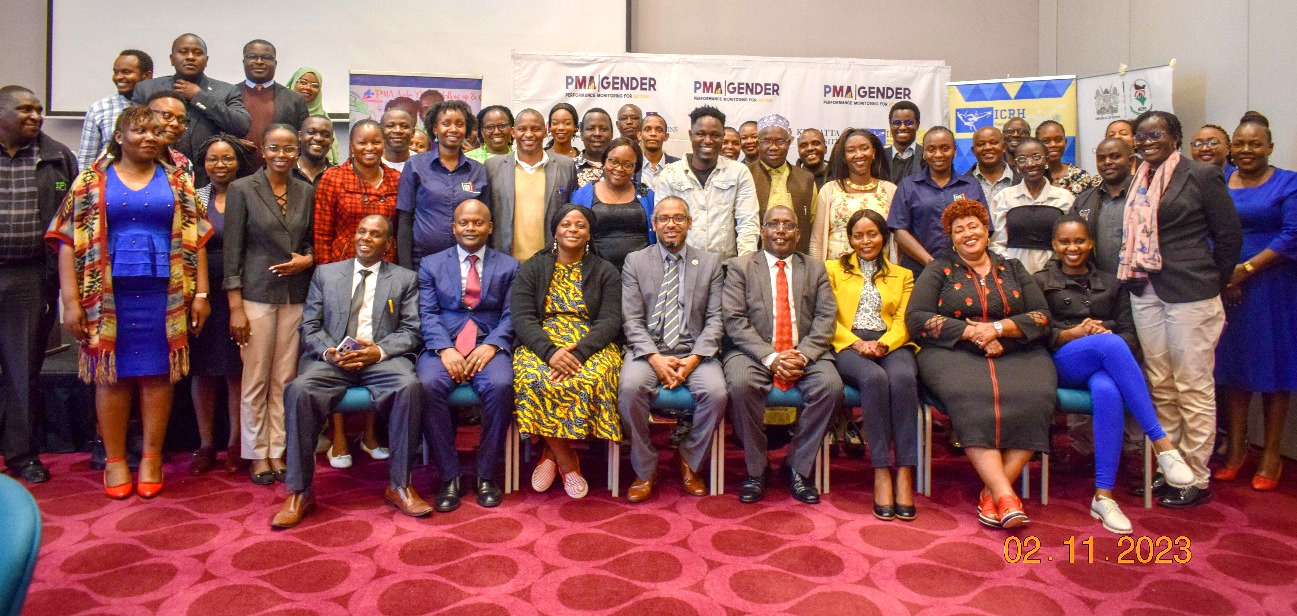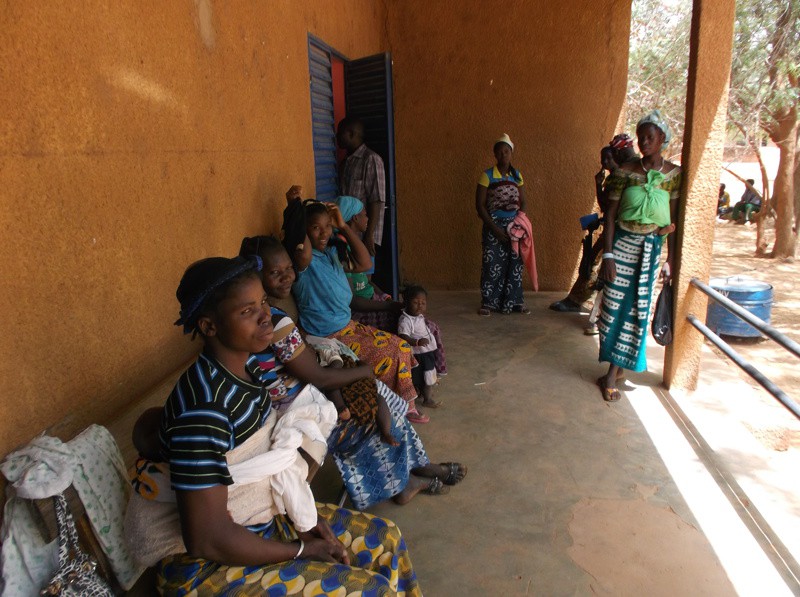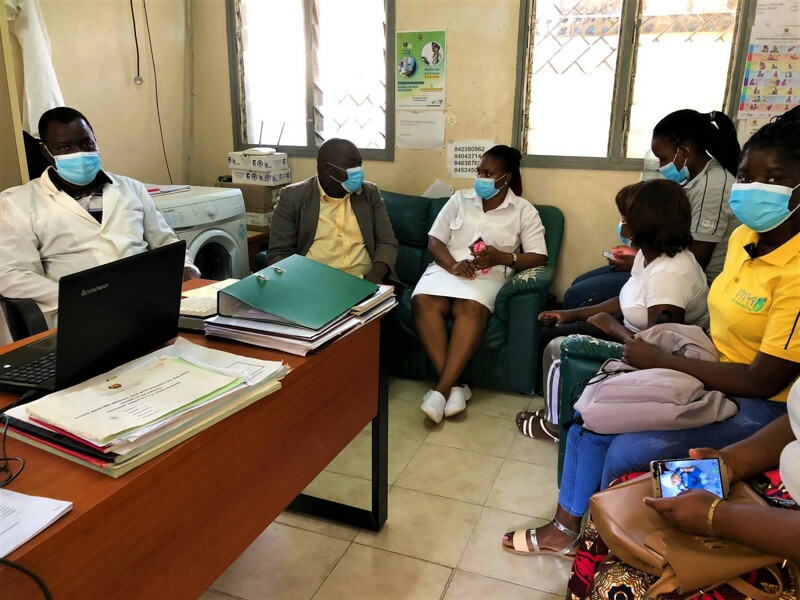News from our colleagues of ICRH Kenya
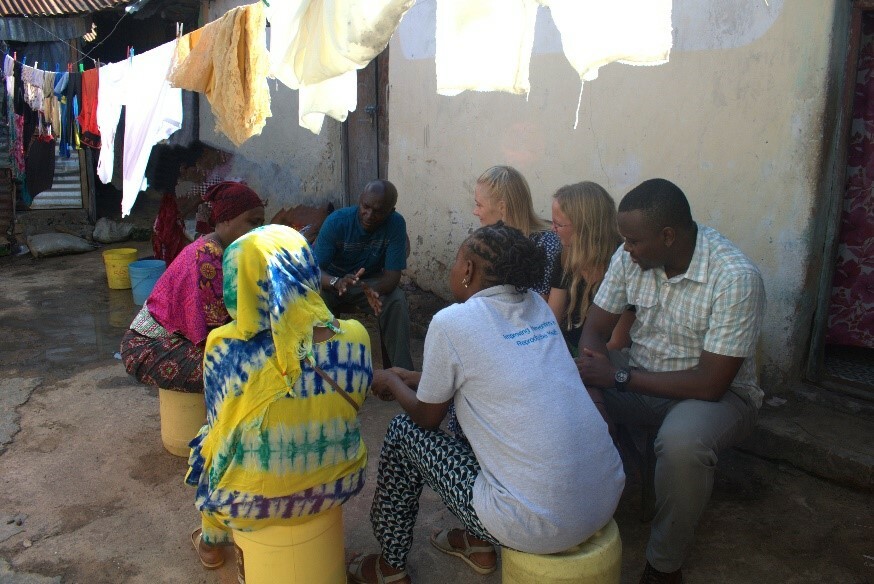
Updates and projects from our colleagues of ICRH Kenya
Building bridges through collaborative knowledge exchange initiatives
During the reporting period ICRHK has actively participated in several conferences: the Devolution Conference, the Annual Scientific Conference on Adolescent Sexual and Reproductive Health and Rights, the International Maternal Newborn Health Conference, and the DESIP Conference, among others.
These conferences provided an exceptional opportunity for ICRHK to engage in discussions on critical issues related to reproductive health rights and research, while also contributing significantly to the ongoing discourse on maternal and newborn health. Our involvement in these events was key in cross-learning, networking with experts, forging strategic partnerships, and contributing to the collective knowledge in the field of sexual and reproductive health research.
Advancing maternal healthcare in Kenya
ICRHK, in partnership with Jhpiego, has successfully implemented the Antenatal and Postnatal Research Collective (ARC) studies, contributing significantly to the progress of maternal healthcare in Kenya. A memorable moment in the journey was our participation in the ARC convening meeting in Ethiopia, where representatives from 8 different countries gathered.
This meeting provided an exceptional platform to showcase the advancements in our studies, with a particular emphasis on public-private partnership research strategies. It underscored the extensive and impactful collaborative efforts aimed at advancing maternal healthcare in the region.
Empowering stakeholders with evidence for decision-making
ICRHK, through the PMA gender project, successfully conducted and completed a Gender/GBV study, targeting youths and young adults between 15 and 28 years. It measured changes in sexual and reproductive health behaviours, and experiences related to safety and violence among youth and young adults in Nairobi. To ensure that the data is used for decision-making and to maximize the impact of the data, we organized a national dissemination meeting.
This event brought together key stakeholders, including policymakers, programmers, and advocates in the gender space. We extended the dissemination to the Sustainable Development Goal (SDG) Kenya Forum, community gatekeepers, and the youth, ensuring that all stakeholders are well-informed and take responsibility for supporting the relevant issues within their respective domains.
Showcasing the impact of Linda Mtoto interventions
ICRHK, with funding support from Kindernothilfe, conducted a comprehensive review and developed a documentary spotlighting the transformative impact of the Linda Mtoto interventions within communities. This documentary vividly captures the diverse interventions and illuminates the positive changes experienced by the beneficiaries. As part of our commitment to transparency and accountability, we also hosted the Kindernothilfe team from Kenya and Germany for a monitoring visit in Mombasa.
The visit included engaging meetings with the Directorate of Children Services, as well as visits to schools and homes. Through direct observation, the team witnessed the tangible and positive effects of our work on caregivers and the broader communities. Our partnership with Kindernothilfe remains a driving force in our quest to bring about lasting change for children and communities.
Workshops and training initiatives with UNFPA and the Ministry of Health
Our partnerships expanded to encompass strategic workshops and training sessions in collaboration with UNFPA and the Ministry of Health. These initiatives were centered on reviewing and enhancing various tools aimed at bolstering reproductive health service delivery across all levels.
Activities involved the assessment of the FP Media ToolKit, the development of the National Family Planning Policy, the creation of tools supporting the Total Market Approach, training commodity managers on the Logistics Management Information System, fostering effective communication, and promoting community engagement, among other key areas. These collaborations played a pivotal role in highlighting and enhancing our technical expertise and knowledge in the reproductive health space.
Promoting gender equality and preventing violence during 16 days of activism
To mark the occasion of this yearly event, ICRHK participated in a range of activities. The organization took center stage in Twitter/X space conversations titled ‘Advancing gender equality through comprehensive sexuality education in Africa,’ where our team served as panelists, amplifying our voice in the crucial discussion.
Building on the success of the PMA Gender Survey, ICRHK conducted extensive dissemination efforts, spanning from the national level to community leaders. A noteworthy endeavor included the facilitation of youth-to-youth gender data dissemination sessions, empowering young individuals with information crucial for making evidence-based decisions. Furthermore, ICRHK actively engaged in a live TV discussion themed ‘Preventing Gender-Based Violence,’ during which our team contributed significantly by shedding light on ICRHK's impactful contributions to addressing gaps in gender-based violence (GBV). The overarching theme for this year's event, ‘UNiTE! Invest To Prevent Violence against Women & Girls,’ resonates with ICRHK's commitment to combatting gender-based violence and investing in initiatives that safeguard the well-being of women and girls.


